Rudolf Pokorny was born in Aachen and studied there at the Rheinisch-Westfälische Technische Hochschule (RWTH), before following the invitation of MGH president Horst Fuhrmann to come to Munich to complete his Ph.D. thesis, an edition of the Carolingian episcopal capitularies. Pokorny’s work fitted well in Fuhrmann’s plan for the MGH edition series of episcopal capitularies and Concilia (albeit the full extent of this source material was at that time far from known). From April 1982 to the end of 1986, Pokorny was employed in a project funded by the Deutsche Forschungsgemeinschaft and assisted in completing the first volume in the series with the episcopal capitularies of Theodulf of Orléans edited by Peter Brommer, which was published in 1986. In the following years, he busily worked to continuously expand the scope of his doctoral thesis, as Horst Fuhrmann put it, with the discovery of ever more previously unknown episcopal capitularies. It was characteristic of Pokorny’s personality as a researcher that he made his discoveries in manuscripts containing not just capitularies but also other texts, which he also progressively edited. The terms „newly discovered“ and „unedited“ are ubiquitous in the titles of his comprehensive oeuvre. Over a series of years, his publications of new source material were a permanent feature of every issue of the Deutsches Archiv. On the completion of his Ph.D. in 1991, he was awarded the faculty prize of the RWTH Aachen for his achievement.
While work at the MGH on the Capitula episcoporum proceeded with the publication of the second and third volumes in 1995 and a final volume with a summary introduction in 2005, Pokorny’s attention had long since shifted to other fields of study. In 1986/87, he held a scholarship of the Deutsches Studienzentrum in Venice, followed by a position at the University of Göttingen under Hartmut Hoffmann since 1987. Pokorny developed an interest in canon law and collaborated with Hoffmann to co-author the fundamental study: „Das Dekret des Bischofs Burchard von Worms. Textstufen – Frühe Verbreitung – Vorlagen“, which was published in 1991 in the series MGH Hilfsmittel. It was indeed a mark of distinction that Hoffmann, who was known for being rigorous and highly critical, found him worthy to become his assistant in Göttingen.
For his postdoctoral Habilitation thesis, Pokorny chose yet another subject: the history of the Latin Empire of Constantinople created as a result of the Fourth Crusade. Once again, he was able to find and publish new source material. After leaving Göttingen, he took up a position as director of the Deutsches Studienzentrum in Venice from 1997 to 2000, where he hoped to make progress on his habilitation project. There, however, he became much too absorbed with his new occupation, delving for example into the architectural problems of the aged Palazzo Barbarigo della Terrazza. Venice was certainly more conducive to his natural then the rooms of the MGH, where, as he once confided to me, one might well loose track of the seasons and wake up years later to discover how much time had passed. Pokorny’s time in Venice nevertheless did come to an end and he returned to the MGH as the then president Rudolf Schieffer offered him a position, entrusting him with the editorial revision of the articles to be published in the Deutsches Archiv. His editorial project focused on the 11th-century chronicle writing in the region of Lake Constance. Here again he was able to discover a new source, the so-called Chronicon Duchesne. While the project remained unfinished on his retirement in 2015, he did succeed in publishing some results of his work in the MGH series Studien und Texte under the characteristic title: „Augiensia. Ein neuaufgefundenes Konvolut von Urkundenabschriften aus dem Handarchiv der Reichenauer Fälscher des 12. Jahrhunderts“.
As I first met Rudolf Pokorny in 1988 at the MGH, I was impressed by his elegant, modish appearance and the casual way that he entered the institute. He never really was able to adjust to the usual practice of beginning work between 9 and 10 a.m., and probably left the MGH with no regrets in 1987, whence however, he was to return to work in the year 2000. In later years, he was relieved to hand on the burden of editorial work and other duties so that he could dedicate himself entirely to his research. Thus, the library staff soon missed him, as his habitual work place in the reading room remained vacant for an unusually long time. Rudolf Pokorny died of a sudden illness on Thursday, July 4 2024.
The Monumenta Germaniae Historica will honour and treasure the memory of Rudolf Pokorny.
Martina Hartmann
President of the MGH


